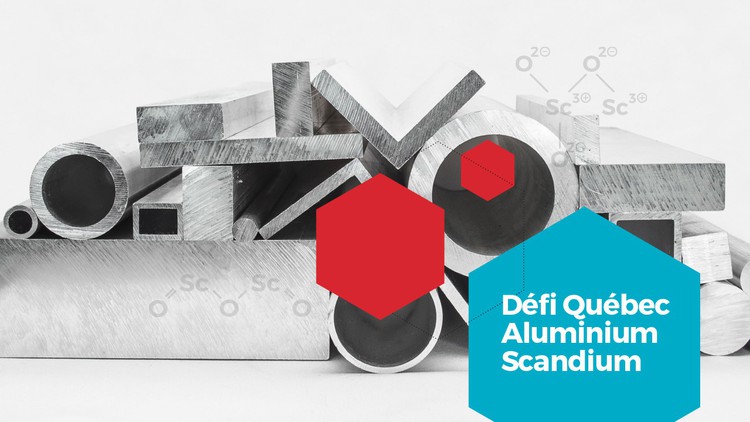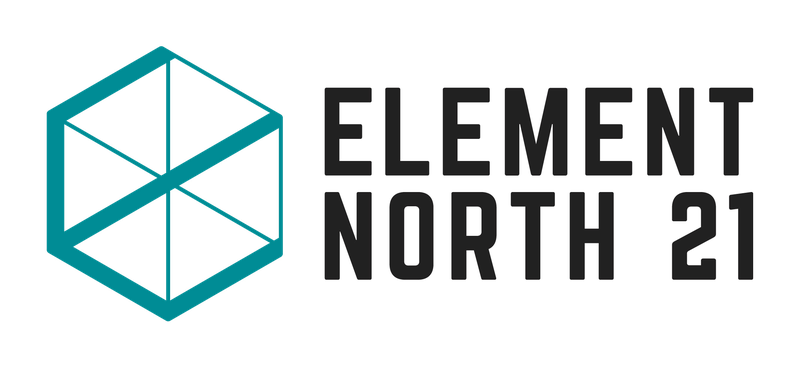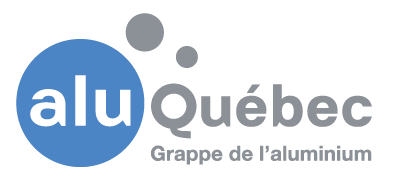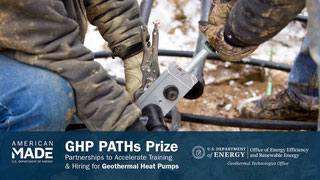FÉLICITATIONS À FERREOL SKIS QUI REMPORTE LE DÉFI QUÉBEC ALUMINIUM-SCANDIUM // CONGRATULATION TO FERREOL SKIS TEAM WHICH WON THE HONOR OF THE AL-SC QUÉBEC CHALLENGE
Félicitations à l’équipe Ferreol Skis, composée de Étienne Boucher, Félix Lapointe, Jonathan Audet, Philippe Gosselin et Paul Gilbert, qui remporte les honneurs du Défi Québec Aluminium-Scandium avec leur projet « L’aluminium-Scandium pour révolutionner l’industrie du ski ».
Lancé en août 2021 par Rio Tinto en collaboration avec AluQuébec, la Grappe de l’aluminium du Québec, et le Réseau de transformation métallique du Québec (RTMQ), le Défi Québec Aluminium-Scandium avait pour objectif de proposer de nouvelles applications visant l’utilisation des alliages aluminium-scandium.
L’équipe Ferreol Skis a réussi un tour de force en surpassant les propriétés des matériaux les plus performant de l’industrie. L’équipe recevra donc une bourse pouvant aller jusqu’à 100 000 $ pour terminer le développement de leur projet avec ce nouvel alliage dans le cadre d'un accord de co-développement qui sera négocié.
Il est important de souligner les résultats forts intéressants des deux autres équipes finalistes. En effet, l’équipe de Grant-Emad-Quan de l’Université du Québec à Chicoutimi, composée de X. Grant Chen, Quan Shao et Emad Elgallad, a proposé un projet « d’Alliage d’Al-Sc-Zr pour conducteurs à haute résistance thermique ». Cette équipe est, en effet, parvenue à produire des fils électriques à haute résistance et conductivité de grades AT1 à AT4 par un microdosage habile du Sc. Pour sa part, l’équipe EV Technologies, menée par Vincent Darlix, a proposé quant à elle d’utiliser l’alliage aluminium-scandium dans la fabrication par fonderie de boîtiers pour batteries hautes performances. Les résultats obtenus pour les alliages de la série 5xx.x ont montré que l’ajout de faible quantité de Sc permettait d’augmenter significativement la résistance mécanique de cet alliage (jusqu’à 180%).
Rappelons que lors de la première étape du défi, 15 équipes de partout au Québec ont soumis des idées innovantes pour utiliser le Sc dans l’aluminium. À la suite de l’évaluation des différents concepts, trois équipes ont été retenues pour passer à la seconde étape, en janvier dernier, où elles devaient démontrer la faisabilité de leur concept. Chaque équipe disposait d’une bourse remise par Rio Tinto de 25 000 $ pour soutenir la réalisation de leur projet. Les trois équipes ont travaillé intensément pour réaliser en moins de quatre mois leur concept permettant de démontrer les avantages du scandium.
Rio Tinto, AluQuébec et le RTMQ remercient toutes les équipes ayant participé au Défi Québec Aluminium-Scandium. Leur implication et les idées innovantes proposées ont permis à ce défi de connaître un grand succès.
====================================================================
(EN)
Congratulations to the Ferreol Skis team made up of Étienne Boucher, Félix Lapointe, Jonathan Audet, Philippe Gosselin, and Paul Gilbert, who won the honors of the Défi Québec Aluminium-Scandium with their project "Aluminium-Scandium to revolutionize the ski industry”.
Launched in August 2021 by Rio Tinto in collaboration with AluQuébec and the Réseau de la transformation métallique du Québec (RTMQ), the Défi Québec Aluminium-Scandium aimed to propose new applications for the use of aluminium-scandium alloys.
The Ferreol Skis team has achieved a feat by surpassing the properties of the most efficient materials in the industry. The team will therefore receive a grant of up to $100,000 to complete the development of their project with this new alloy as part of a co-development agreement to be negotiated.
It is important to highlight the very interesting results of the two other finalist teams. Indeed, the Grant-Emad-Quan team from the University of Quebec at Chicoutimi, composed of X. Grant Chen, Quan Shao, and Emad Elgallad, proposed an "Al-Sc-Zr alloy for conductors with high thermal resistance”. This team has, in fact, managed to produce electric wires with high resistance and conductivity of AT1 to AT4 grades by skilfully microdosing the use of Sc. For its part, the EV Technologies team, led by Vincent Darlix, has proposed to use the aluminum-scandium alloy in the manufacture using the foundry process of casings for high-performance batteries. The results obtained for the alloys of the 5xx.x series showed that the addition of a small quantity of Sc made it possible to significantly increase the mechanical strength of this alloy (up to 180%).
Remember that during the first stage of this challenge, 15 teams from across Quebec submitted innovative ideas to use Sc in aluminum. Following the evaluation of the various concepts, three teams were selected to move on to the second stage, last January, where they had to demonstrate the feasibility of their concept. Each team had a grant awarded by Rio Tinto of $25,000 to support the realization of their project. The three teams worked intensively to realize in less than four months their concepts to demonstrate the advantages of scandium.
Rio Tinto, AluQuébec, and the RTMQ would like to thank all the teams that participated in the Défi Québec Aluminium-Scandium. Their involvement and the innovative ideas proposed made this challenge a great success.













